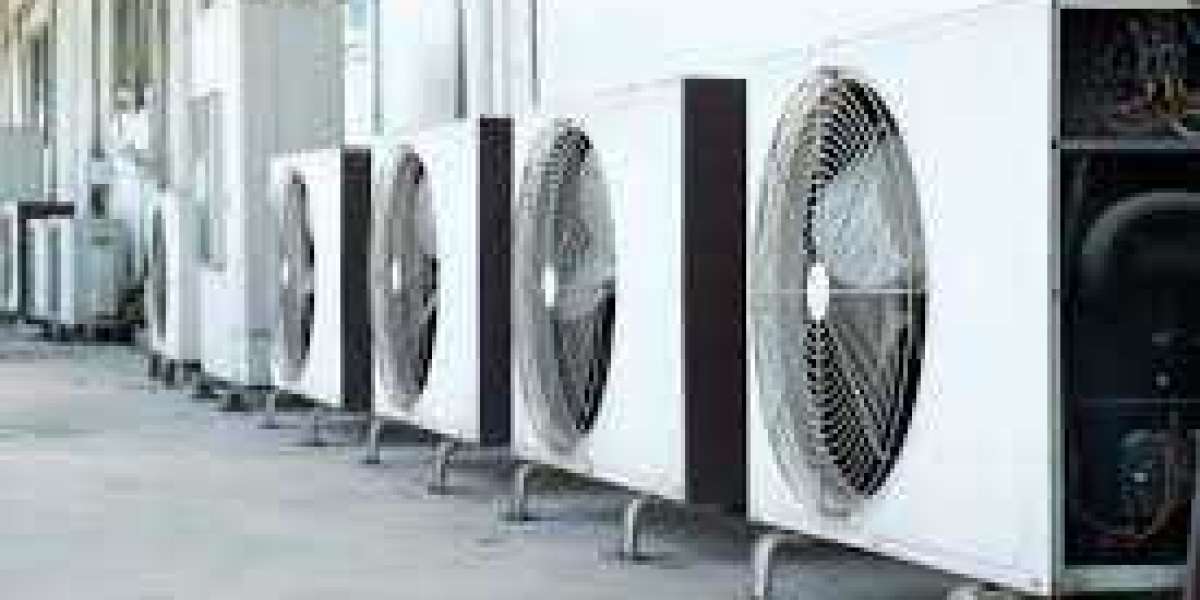Air conditioning units are essential for maintaining comfort in our homes, especially during the sweltering summer months. Understanding their lifespan is crucial for planning maintenance, repairs, and replacements. The longevity of an air conditioning unit can vary based on several factors, including type, usage, and maintenance. In this article, we'll explore how long AC units typically last, the factors influencing their lifespan, and how you can extend the life of your unit.
Typical Lifespan of AC Units
On average, air conditioning units have a lifespan of about 10 to 15 years. However, this can vary depending on the type of AC unit and other factors. Here’s a breakdown of the typical lifespans for different types of AC systems:
- Central Air Conditioning Systems: These units, which are commonly used to cool entire homes, generally last between 10 to 15 years. High-quality systems that are well-maintained can sometimes last even longer.
- Ductless Mini-Split Systems: These units, which are ideal for homes without existing ductwork, typically last around 12 to 15 years. They offer the benefit of zoning, allowing for more efficient cooling of specific areas.
- Window Air Conditioning Units: These smaller units, designed for cooling individual rooms, usually have a shorter lifespan of around 5 to 10 years. Their lifespan can be influenced by factors such as usage and maintenance.
- Portable Air Conditioners: These are often used as a temporary cooling solution and generally last around 5 to 7 years. Their lifespan can be affected by how frequently they are used and how well they are maintained.
Factors Affecting the Lifespan of AC Units
Several factors can influence how long an air conditioning unit will last. Understanding these factors can help you take steps to maximize the lifespan of your system.
- Quality of the Unit: Higher-quality AC units typically last longer than lower-quality models. Investing in a reputable brand and a well-built system can pay off in the long run.
- Maintenance: Regular maintenance is crucial for extending the life of your AC unit. This includes routine tasks such as cleaning or replacing air filters, checking refrigerant levels, and ensuring that the system is free of obstructions. Professional maintenance services, including annual inspections and tune-ups, can help identify and address issues before they become major problems.
- Usage: The amount of use an AC unit gets can impact its lifespan. Units that are used frequently or run continuously may experience more wear and tear compared to those used less often. Additionally, running the unit at extreme temperatures or settings can strain the system.
- Installation: Proper installation is essential for the optimal performance and longevity of an AC unit. An improperly installed unit can experience issues such as poor airflow, refrigerant leaks, and increased wear on components. Hiring a qualified professional for installation can help ensure that your system operates efficiently and lasts longer.
- Climate: The climate in which the AC unit operates can also affect its lifespan. Units in regions with extreme temperatures or high humidity levels may experience more stress and wear compared to those in milder climates. Regular maintenance and appropriate usage can help mitigate some of the effects of harsh climates.
- Repairs and Upgrades: Timely repairs and upgrades can extend the life of an AC unit. Addressing minor issues before they become major problems can prevent further damage and improve the overall performance of the system. Additionally, upgrading certain components, such as the thermostat or insulation, can enhance efficiency and reduce strain on the unit.
Signs That Your AC Unit May Need Replacement
As an AC unit approaches the end of its lifespan, it may start to show signs that a replacement is imminent. Here are some common indicators that your AC unit may need to be replaced:
- Frequent Repairs: If you find yourself calling for repairs more often, it may be a sign that your AC unit is nearing the end of its life. Frequent breakdowns and costly repairs can indicate that the system is no longer reliable or efficient.
- Decreased Efficiency: An older AC unit may struggle to maintain the desired temperature and may operate less efficiently. If you notice a significant increase in your energy bills or if the unit is unable to cool your home effectively, it could be time for a replacement.
- Strange Noises: Unusual noises, such as grinding, rattling, or squealing, can indicate that there are internal issues with the AC unit. While some noises can be repaired, persistent or severe noises may signal that the unit is nearing the end of its lifespan.
- Poor Air Quality: If you notice a decline in indoor air quality, such as increased dust, humidity, or unpleasant odors, it may be related to your AC unit. An aging unit may struggle to filter and circulate air properly, leading to poor air quality.
- Age of the Unit: As mentioned earlier, the average lifespan of an AC unit is 10 to 15 years. If your unit is approaching or exceeding this age range, it may be time to start considering a replacement, especially if it is showing signs of wear and tear.
How to Extend the Lifespan of Your AC Unit
To get the most out of your AC unit and extend its lifespan, consider the following tips:
- Regular Maintenance: Schedule annual professional maintenance to keep your AC unit in good condition. This includes inspecting and cleaning components, checking refrigerant levels, and ensuring proper operation.
- Change Air Filters: Regularly check and replace air filters to maintain proper airflow and efficiency. Clogged filters can strain the system and reduce its lifespan.
- Keep the Unit Clean: Ensure that the area around your AC unit is clean and free of debris. This allows for proper airflow and prevents the system from overheating.
- Use a Programmable Thermostat: A programmable thermostat can help regulate the temperature more efficiently, reducing the strain on your AC unit and saving energy.
- Seal and Insulate Ductwork: Properly sealed and insulated ductwork can improve the efficiency of your central air conditioning system and prevent energy loss.
- Address Issues Promptly: If you notice any issues with your AC unit, such as unusual noises or decreased performance, address them promptly to prevent further damage.
Conclusion
In summary, the lifespan of an air conditioning unit typically ranges from 5 to 15 years, depending on the type, quality, and maintenance of the system. By understanding the factors that affect longevity and taking steps to maintain and care for your unit, you can help ensure that it performs efficiently and lasts as long as possible. Regular maintenance, proper usage, and timely repairs can all contribute to extending the life of your AC unit, helping you stay comfortable and cool for years to come.
What are signs that my AC unit needs repair?
Signs That Your AC Unit Needs Repair
Recognizing the signs that your air conditioning unit needs repair is crucial for maintaining comfort and preventing more extensive damage. Here are some key indicators that your AC might require professional attention:
- Inconsistent Cooling: If you notice that some rooms are warmer than others or that the AC isn’t cooling your home evenly, it could indicate issues such as a refrigerant leak, blocked ducts, or a malfunctioning compressor.
- Strange Noises: Unusual sounds like grinding, rattling, or squealing are red flags. These noises may signal mechanical problems, such as worn-out bearings or loose parts, that need immediate attention.
- Frequent Cycling: If your AC unit is turning on and off frequently, it could be a sign of an issue with the thermostat, an overworked compressor, or an electrical problem. This can lead to increased wear and higher energy bills.
- Poor Airflow: Weak or inadequate airflow can indicate a problem with the blower motor, clogged filters, or issues with the ductwork. Ensure air filters are clean and consider having the ducts inspected.
- Increased Energy Bills: A sudden spike in your energy bills may suggest that your AC unit is working harder than necessary due to inefficiency or malfunction. This could be due to issues like a failing component or poor maintenance.
- Water Leaks: If you see water pooling around the unit or notice leaks, it might be due to a clogged drain line or a refrigerant leak. These issues can cause significant damage if not addressed promptly.
- Bad Odors: Foul smells from your AC unit can be a sign of mold or mildew growth, a burnt-out component, or electrical issues. Addressing these odors quickly can prevent further damage and health hazards.
Promptly addressing these signs with professional repair services can help ensure your AC unit operates efficiently and extends its lifespan.








